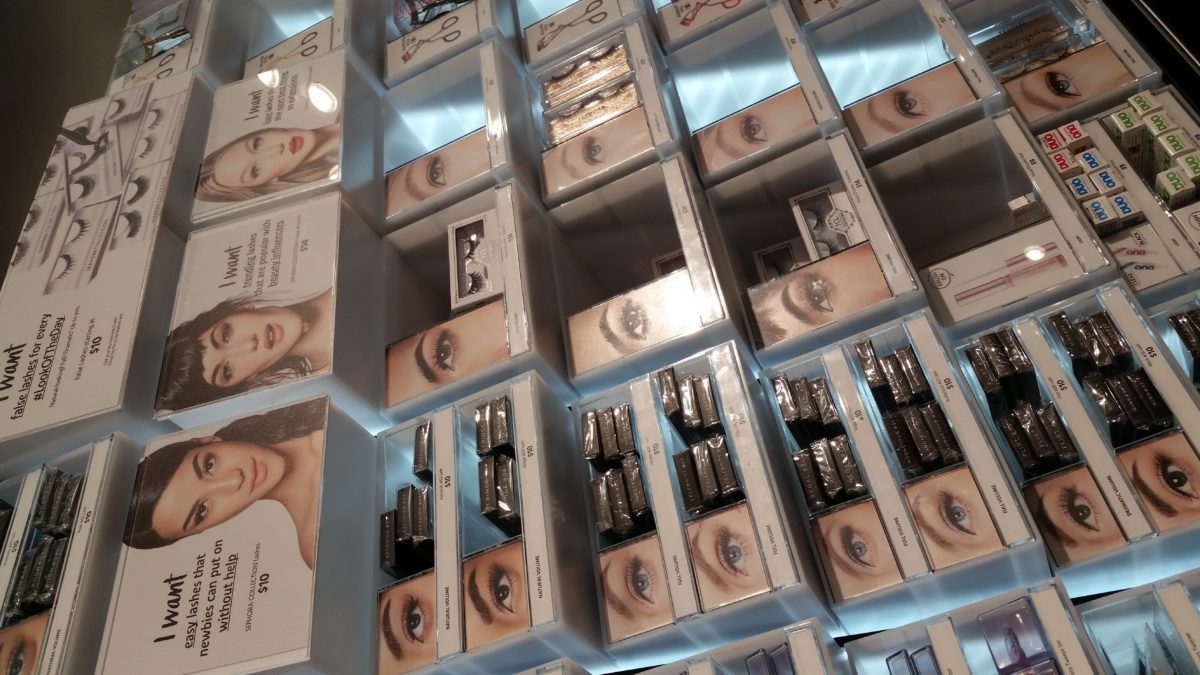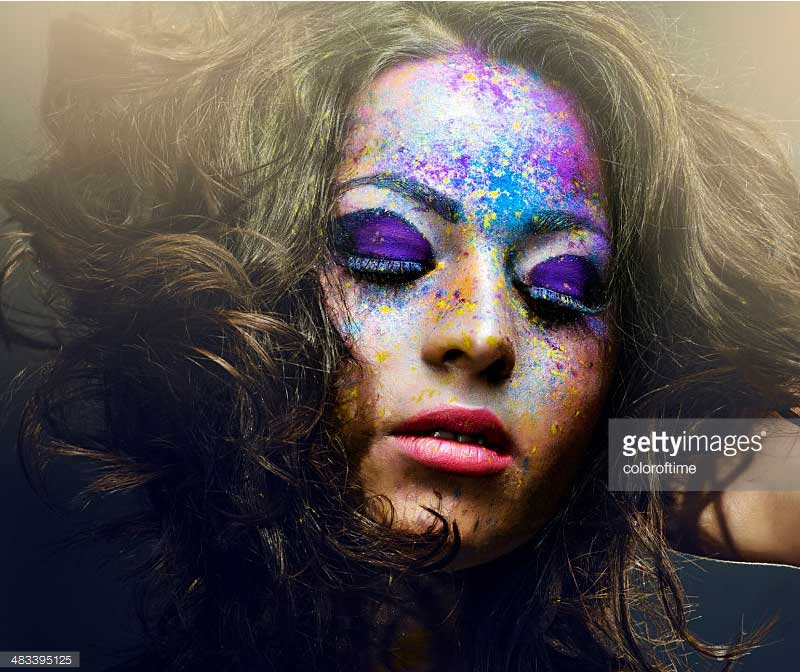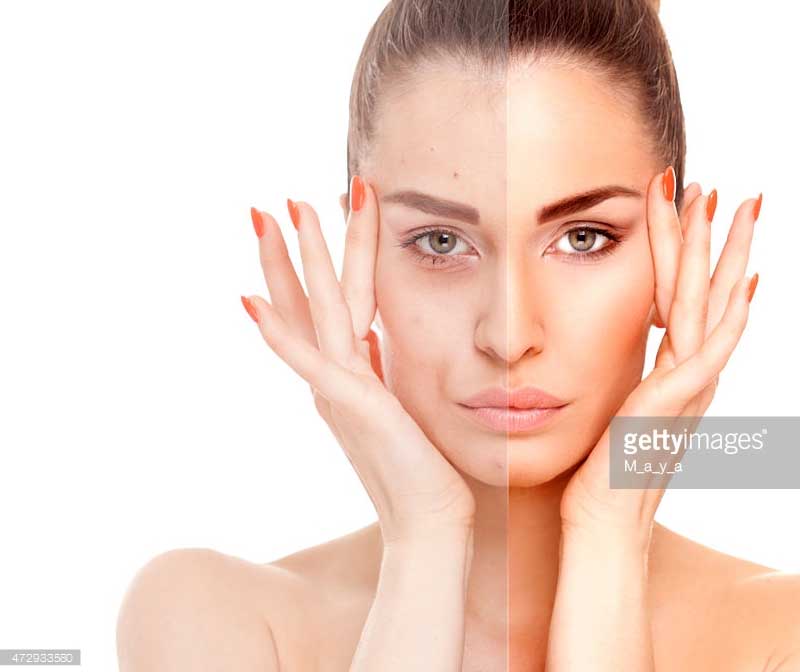If you missed the first and second part of this three-part series, be sure to check those out here and here. Today we will complete our case study of Sephora by discussing how the extroverted thinking plays into the overall shopping experience at Sephora.
Why is Shopping at Sephora Difficult for the Extroverted Thinker?
Extroverted thinking (the dominant cognitive function for ENTJs and ESTJs, and the secondary function for INTJs and ISTJs) performs two vital actions—it organizes and structures data collected through intuition or sensing functions and, for INTJs, extroverted thinking is the primary function used to interact with the world. This analytical form of engagment is an important factor in how the cognition types mentioned above approach decision-making. Unfortunately, makeup is hard to quantify with facts alone, forcing these types to either gather data in person, or to make costly mistakes.
Cognition Beware:
Because makeup is both a personal statement, and a personal experience, it is difficult to shop online unless you already know exactly what you want. The types of data an extroverted thinker might use to make the purchase decision online, such as price comparison and customer reviews, are no longer easily accessible in store; moreover, when actually using the product, the factors that determine the purchase decision shift from what an extroverted thinker might typically use to make purchase evaluations. These new factors might include skin type, the intended purpose of the product, the individual’s personal relationship with makeup, and even brand affinity. Certain of these factors, like the individual’s personal relationship with makeup, can further complicate the decision-making process. Because extroverted thinking is impartial and willing to try anything that meets the criteria, it’s easy for the customer to get overwhelmed by undifferentiated data as brands present their benefits, with little consideration to individuality. The end result is that the customer buys because they must, or they leave feeling confused and disenchanted with makeup and/or their own ability to make a purchase decision. Makeup then becomes the enemy.
Cognitive Aware Approach:
A theoretical solution to this problem of too much undifferentiated data is to organize the store by product type rather than brand type, as Sephora does. A customer may know they need mascara, but may not care about the brand; or, they may not know if they prefer mascara that lengthens, thickens, curls, is brown, or black, etc. Having all the mascara in one place, regardless of brand, would help extroverted thinkers to see the options available to them. They could more easily evaluate, compare, and learn about product differences without having to move from display to display, gathering data and comparisons in small batches. This prevents a customer giving up because they get stuck in data collection mode.
Additionally, having signage that list aspects of the product that are independent of the product propaganda would go a long way in helping extroverted thinking to categorize products based on their personal criteria while in store. Sephora already does this with some of their products, such as false lashes. The image below demonstrates guided signage in my local Sephora store. All the lashes are together for easy comparison, and the signs have a visual element as well as a short description to help shoppers narrow down choices. There are many other products for which this type of sign would be helpful.

Mall of America Sephora. Photo Credit: Always Uttori. Alwaysuttori.com
Conclusion
It’s important to be aware of cognition styles when trying to engage the consumer. Makeup is something that appeals to all cognition types, and while it is impossible to make everyone happy, considering ways to appeal to different cognition styles is key for continued success in a saturated marketplace. What do you think? If you are an INTJ, do you have any of the same stressors when shopping? What would make shopping at Sephora more appealing to your cognition style? I doubt that anyone from Sephora will read this, but it is interesting to collect data on these types of topics that we INTJs so often think don’t appeal to us. Maybe the problem isn’t the INTJ female, but the environment. What do you think?




Yes. Shopping at Sephora, and anywhere like it is rough. The thing that struck me most was when I first entered I felt like i was in middle school/high school again taking that first step into the ever dreaded slumber party. Ugh. Being thrust into a world where the rules of engagement constantly change, where being trendy and just like everyone else makes you THE expert, and the feeling social pressure to do things that make me physically uncomfortable…Again, ugh. That sounds like a whine, but it is the truth.
I agree that if they have better organization of products (it took me what seemed like forever to understand their system of displays) would help immensely! Whomever set the layout for that store was on crack.
I totally agree, they should have quieter spots in back! Or even an area to do consulting away from the end caps with the variety of types and brands at hand for the employee.The girl who helped me was doing her best, genuinely, but people kept bumping her as they walked to the next aisle and asking her questions as she was already trying to answer me. I did not get any useful answers to my questions or any pertinent general information and therefore did not purchase. Not that they should change their scheme to fit such a narrow range of potential shoppers as just INTJs, but I would think that even an all out extrovert woman would like to have some more personalized service for something as important as what she puts on her face everyday. I believe women in general, would spend quite a bit more money if they could have their questions answered, be able to test/compare multiple products in a more private setting without having to compete with the gaggle of giggling girls using all the testers and buying only a $6 lip gloss.
Yes, I have the same feeling when entering Sephora. It’s not that I don’t want makeup, it’s just that I know it will be a difficult path to getting what I need (if I even know that much). Recently I actually met someone who designs makeup displays and store layouts. He was shocked when I said I had written an article about why shopping at Sephora can be difficult. He said most people love Sephora. I found it difficult to explain my case on the spot, but apparently they design displays based on how long it needs to last, 6 months, 2 years etc. Customer psychology goes into it too, but I’m not sure exactly what they are taking into consideration. I agree that even extroverts may have a better overall experience if it was more private. Even if it would be counterproductive to change the overall experience for our small cognition population, there are a large population of introverts so having a more introvert friendly environment would be really nice, and indeed may increase sales as you say. I guess for now we will have to continue jostling with the giggling girls. 🙁